The Government has just sent the draft law on the amended Special Consumption Tax to the National Assembly . This is the draft law that will be discussed by the National Assembly at the 8th Session which will open on the morning of October 21.
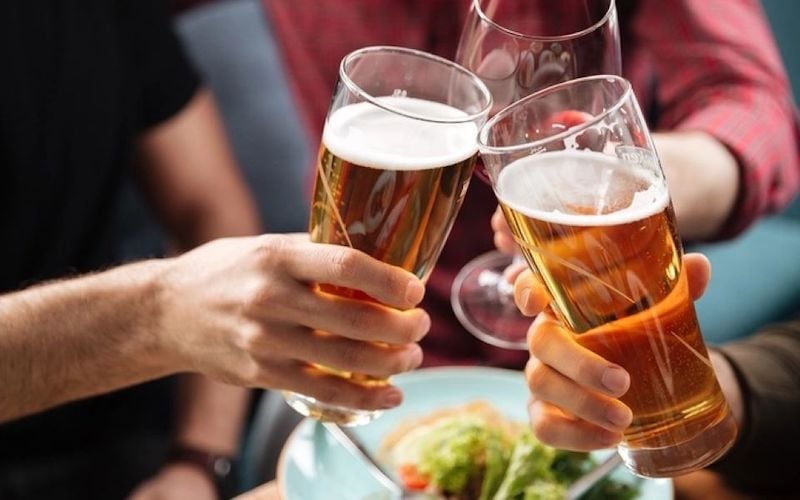 |
| Illustration photo. |
The Draft Law on Special Consumption Tax (Draft) stipulates tax rates in percentages that will increase annually in the period 2026-2030 to achieve the goal of increasing the selling price of alcohol and beer by at least 10% according to the tax increase recommendation of the World Health Organization (WHO).
In this amendment, regarding the special consumption tax rate, for alcohol products with 20 degrees or more, the Government calculates 2 options.
Option 1: Increase tax rates from the current level of 65% to 70%, 75%, 80%, 85%, 90% each year in the period from 2026-2030.
Option 2: Increase tax rate from current level of 65% to 80%, 85%, 90%, 95%, 100% each year in the period from 2026-2030.
For alcohol products under 20 degrees, option 1 is to increase the tax rate from the current level of 35% to 40%, 45%, 50%, 55%, 60% each year in the period from 2026-2030.
Option 2: Increase tax rates from the current level of 35% to 50%, 55%, 60%, 65%, 70% each year in the period from 2026-2030.
There are also two options for beer products. One is to increase the tax rate from the current rate of 65% to 70%, 75%, 80%, 85%, 90% each year in the period from 2026-2030. Two is to increase the tax rate from the current rate of 65% to 80%, 85%, 90%, 95%, 100% each year in the period from 2026-2030.
Assessing the impact, the Government calculated that for Option 1, the selling price in 2026 will increase by about 2-3% compared to 2025, and in the following years, the selling price will increase by 2-3% each year compared to the previous year to ensure that product prices increase correspondingly to the inflation rate and income increase in the following years.
With Option 2, the selling price in 2026 will increase by about 10% compared to 2025, and in the following years, the selling price will increase by 2-3% each year compared to the previous year to ensure that product prices increase correspondingly to the inflation rate and income increase in the following years.
Comparing the impacts of the two options shows that option 2 will have a stronger effect of increasing prices and reducing affordability of alcohol and beer products, and will have a higher impact on reducing the rate of alcohol and beer consumption and reducing related harms caused by alcohol and beer abuse. Therefore, the Government is leaning towards option 2.
The Government's report also stated that during the process of proposing the construction of the revised Law on Special Consumption Tax, there were opinions suggesting further research on the mixed tax method for alcohol and beer.
Specifically, for wine products, there are a few businesses specializing in trading and importing high-end, high-priced wine from the UK and France that have proposed to consider applying a mixed tax on wine. For beer products, only one business that produces and trades high-end, near-high-end beer at high prices has proposed to study and consider applying special consumption tax according to the mixed tax calculation method (Heineken Vietnam Brewery Company Limited).
However, many opinions (State Capital Investment Corporation, Association of Foreign Investment Enterprises, Vietnam Association of Financial Investors (VAFI), Saigon Beer - Alcohol - Beverage Corporation, Hanoi Beer - Alcohol - Beverage Corporation and many (more than 20) beer and alcohol production enterprises...) proposed not to apply the mixed tax calculation method, but to continue to apply the tax calculation method based on the percentage of the selling price of the manufacturer and importer as currently applied to beer products.
Because this method is suitable for the current conditions of Vietnam, the domestic beer market is characterized by 80% of the market share being popular beer and low-priced local beer while there is a large difference in selling price between high-end, near-premium and popular products.
According to international practice, developed countries often apply absolute excise tax or mixed tax on alcoholic beverages, beer, and wine because the selling price and quality are similar, with little difference. Developing countries often apply excise tax as a percentage of the selling price for this item, because the selling price has a large difference and the quality is not the same, especially there is a huge difference between popular, low-priced local wine and beer and high-quality wine and beer.
In the current context of Vietnam, the selling price of popular wine and beer is much lower than the price of high-end wine and beer, so collecting a mixed special consumption tax or collecting an additional absolute tax (collecting tax at a certain amount of money on the same product unit) will create great pressure on low-priced products.
Because the application of additional absolute tax (products with different selling prices are subject to the same tax amount) will lead to a significantly higher selling price of popular products than high-priced products. Therefore, high-end, high-priced products will be able to replace and dominate the market, thereby putting pressure on popular, affordable beer and wine products, affecting production, competitiveness and affecting jobs (because the market share of popular beer and low-priced local beer is about 80%). Therefore, the method of calculating mixed taxes or additional absolute taxes on wine and beer is not suitable in the current conditions of Vietnam.
In addition, according to its commitment to join the World Trade Organization (WTO), Vietnam committed to applying the proportional tax calculation method to beer and the application of the proportional tax calculation method to beer and wine is completely consistent with Vietnam's commitment.
“Therefore, the Government has carefully discussed the choice of tax calculation method for alcohol and beer. Based on the consideration of factors affecting the domestic alcohol and beer production industry and international commitments when joining the WTO,” the submission stated.
Source: https://baodautu.vn/trinh-phuong-an-thue-tieu-thu-dac-biet-voi-ruou-bia-d225513.html






![[Photo] Prime Minister Pham Minh Chinh and Prime Minister of the Kingdom of Thailand Paetongtarn Shinawatra attend the Vietnam-Thailand Business Forum 2025](https://vphoto.vietnam.vn/thumb/1200x675/vietnam/resource/IMAGE/2025/5/16/1cdfce54d25c48a68ae6fb9204f2171a)















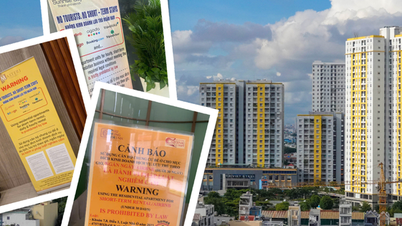


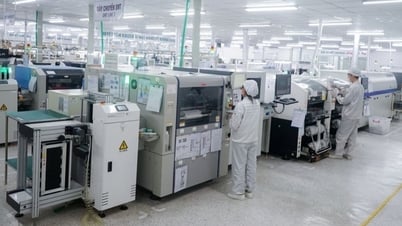














![[Photo] President Luong Cuong receives Prime Minister of the Kingdom of Thailand Paetongtarn Shinawatra](https://vphoto.vietnam.vn/thumb/1200x675/vietnam/resource/IMAGE/2025/5/16/52c73b27198a4e12bd6a903d1c218846)



























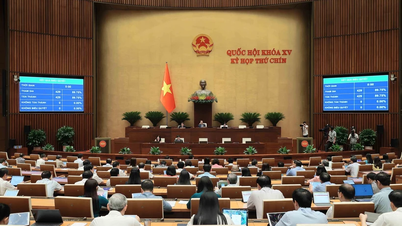




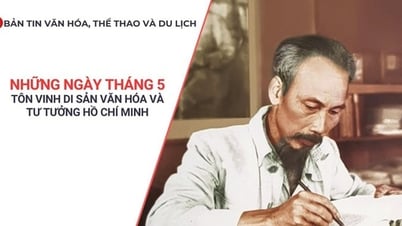















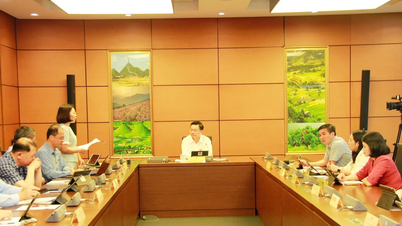









Comment (0)